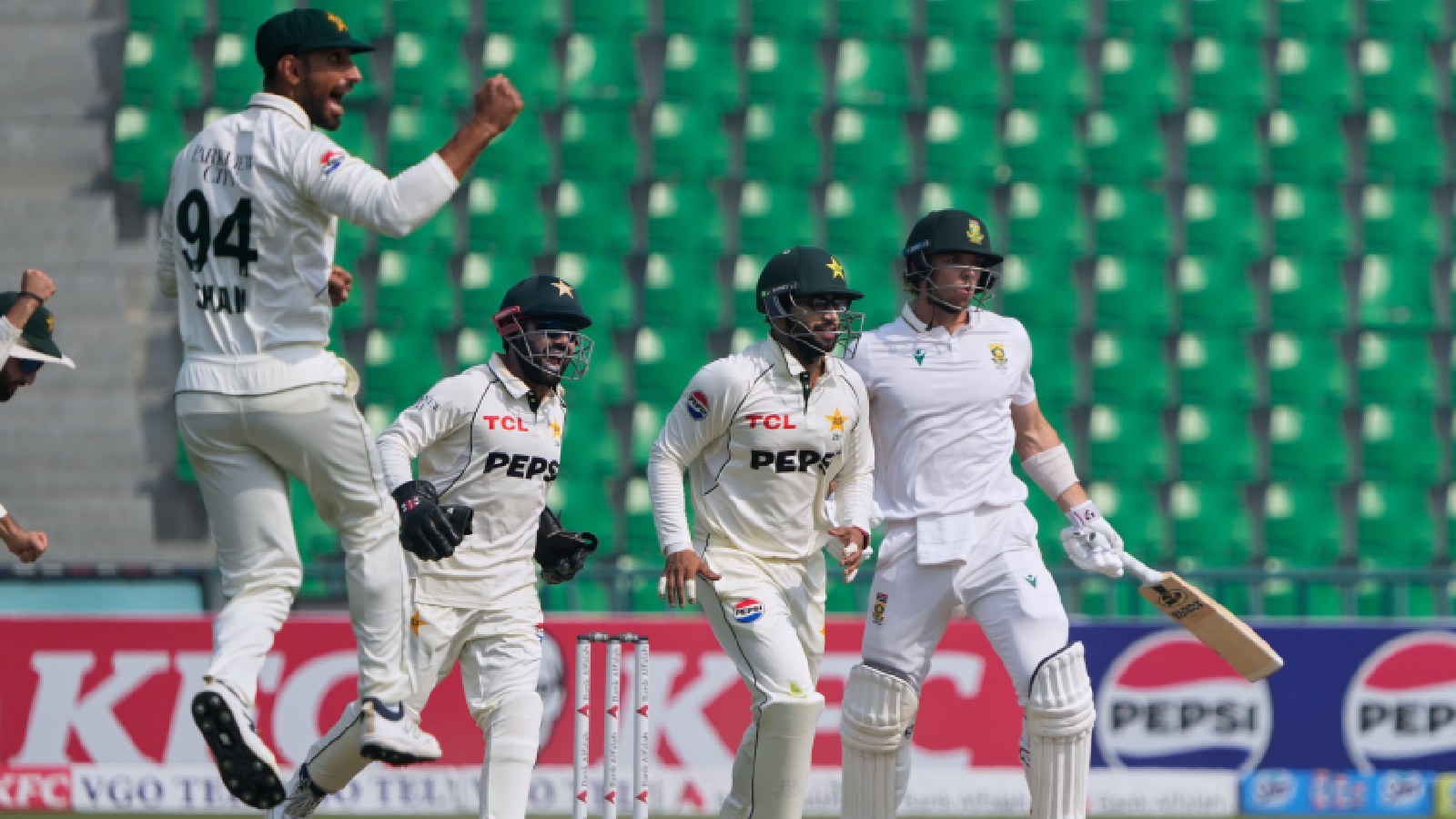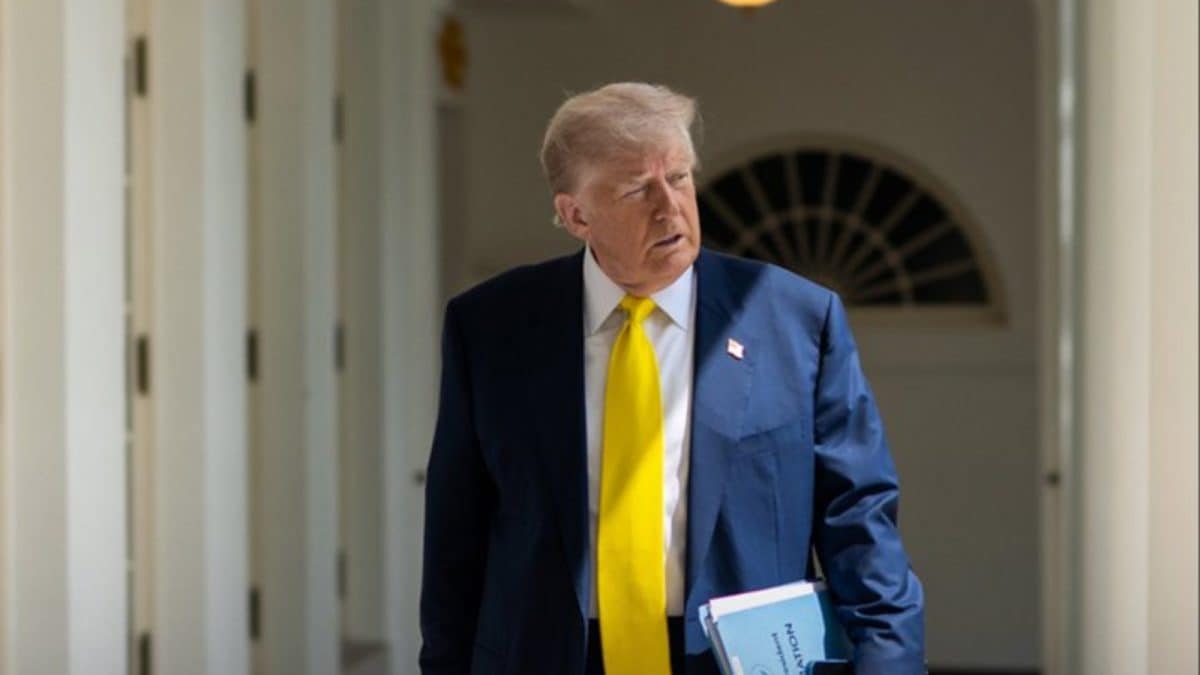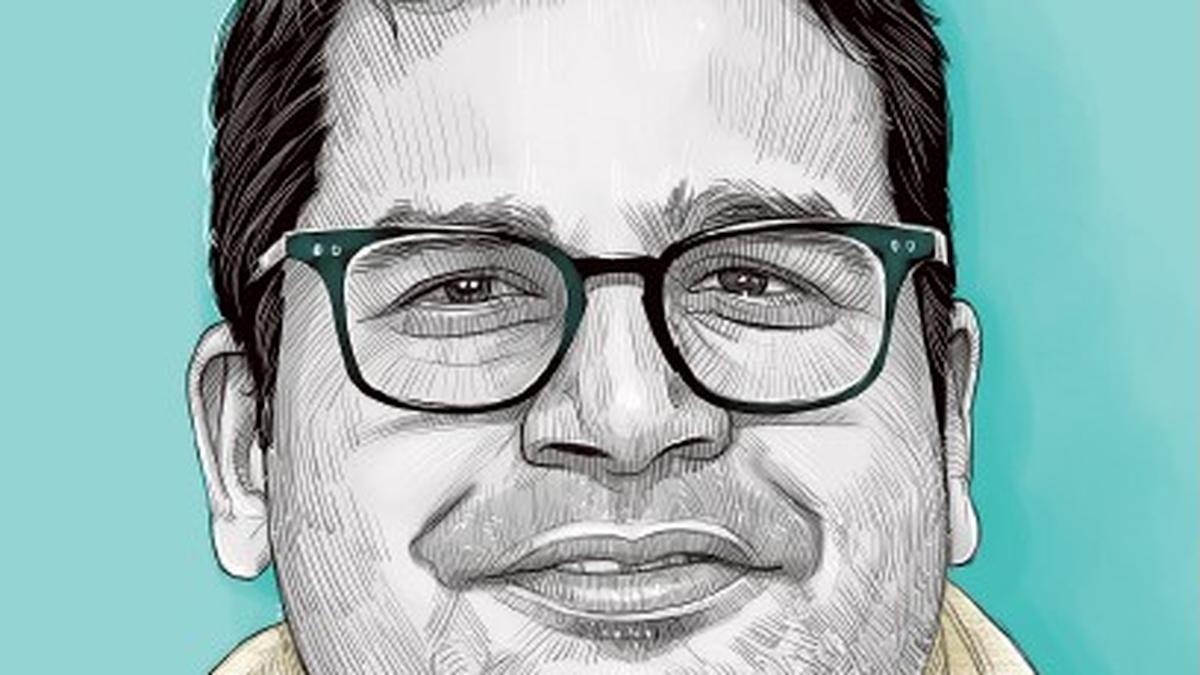ARTICLE AD BOX

Chief Justice of India (CJI) B.R. Gavai on Monday recommended Justice Surya Kant, the senior-most judge after him in the Supreme Court, as his successor. The recommendation, sent to the Union Ministry of Law and Justice, follows the established Memorandum of Procedure that governs the appointment of judges to the higher judiciary.Justice Surya Kant is set to become the 53rd Chief Justice of India once the Centre issues a formal notification. He is expected to assume office on 23 November and will serve until 27 February, 2027.
From Hisar to the Supreme Court: Who is Justice Surya Kant?
Justice Surya Kant’s story begins in Petwar, a small village in Haryana’s Hisar district, where he was born in 1962 into a middle-class family. He completed his early education in Hisar and went on to graduate from Government Post Graduate College in 1981.
Three years later, he earned his Bachelor of Laws from Maharshi Dayanand University, Rohtak, and began his legal practice at the Hisar district court.In 1985, he moved to Chandigarh to practise at the Punjab and Haryana High Court, specialising in Constitutional, Service, and Civil law. Over the years, he earned a reputation for his clarity of argument and constitutional rigour. In 2001, he was designated a Senior Advocate, and in 2008, he was appointed as the Advocate General for Haryana.
Justice Kant’s academic engagement remained constant throughout his career. In 2011, he obtained his Master of Laws from Kurukshetra University, standing first in his class.
A steady rise through the judicial ranks
Justice Kant was elevated as a judge of the Punjab and Haryana High Court in January 2004. His judgments often reflected a balance between constitutional principle and social empathy. During his tenure, he delivered the landmark Jasvir Singh judgment, directing the Punjab government to constitute a Jail Reforms Committee to allow conjugal and family visits for inmates, a decision anchored in reformatory justice.In October 2018, he took oath as the Chief Justice of the Himachal Pradesh High Court. Less than a year later, in May 2019, he was elevated to the Supreme Court of India, following a recommendation from the collegium headed by then CJI Ranjan Gogoi.Currently, Justice Kant also serves as the ex officio Executive Chairman of the National Legal Services Authority (NALSA), and as Visitor of the National University of Study and Research in Law, Ranchi.
Judgments and judicial philosophy
Across his judicial career, Justice Kant has presided over cases spanning human rights, gender justice, education, and prison reform.
His approach often underscores the balance between individual rights and civic responsibility.In a widely discussed hearing linked to the India’s Got Latent case, Justice Kant drew public attention for his firm stance on limits of free speech. He reminded the courtroom that “there is nothing like a fundamental right on a platter,” emphasising that citizens must perform their duties to safeguard those rights.From a modest classroom in Hisar to the country’s highest courtroom, his journey reflects the enduring arc of India’s democratic judiciary. One that rewards perseverance, intellect, and the quiet discipline of service.

 2 hours ago
4
2 hours ago
4









 English (US) ·
English (US) ·